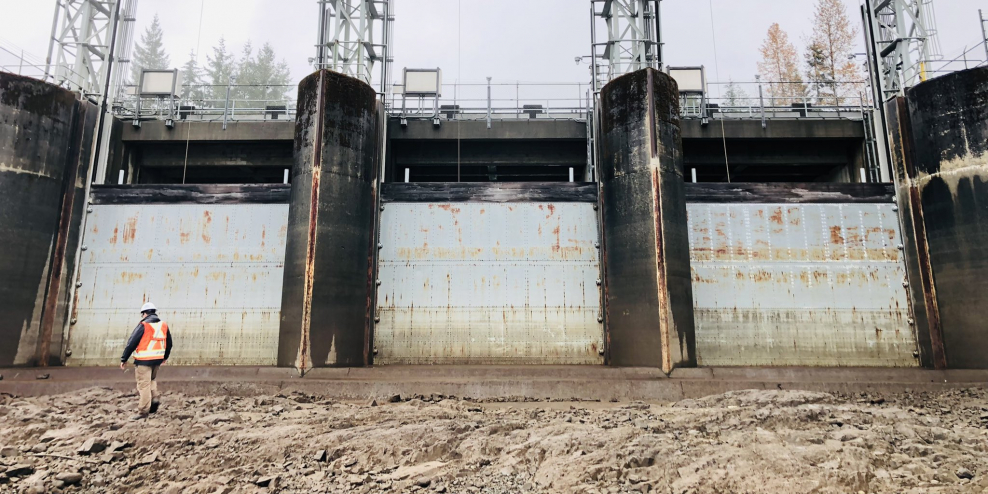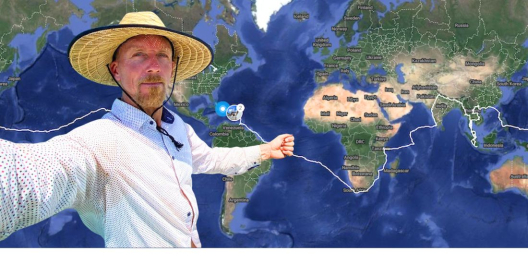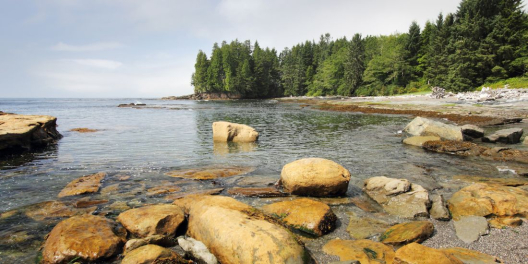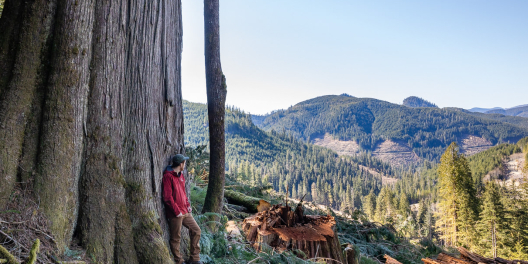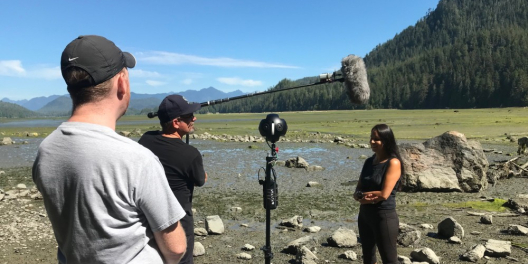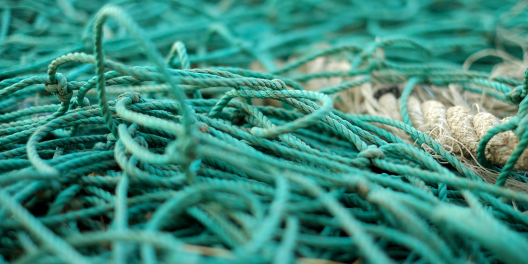Climate change is truly the topic no one wants to hear about.
Reminders of the slow, seemingly inevitable shift towards our mutual demise?
Yuck.
However, the signs are truly all around us, and ignoring them won’t make them go away.
So we need to talk about them. Because the more minds we have collectively thinking about them, the more likely we are to dream up and enact solutions.
On VanIsle, climate change is an especially touchy topic.
We’re especially vulnerable to shifting ocean and storm levels, and when our rivers dry up, it’s far from easy to get them back.
Right now is supposed to be the wettest time of year for our rainy Island.
But we’re still in a drought that hasn’t really let up, and it has left our water sources at some of their lowest levels on record.
Looking at the precipitation to date for November, at 22%-32% of normal for our Jordan, Ash #Alberni, Puntledge #ComoxValley, & #CampbellRiver watersheds, and the forecast thru November 30, it looks like a clear path for the driest November on record (42 years).
— Stephen Watson, BC Hydro (@SWatson_BCH) November 23, 2022
This year’s extreme weather conditions are the exact opposite of last year, when we were dealing with atmospheric rivers.
The switch shows the wild swings climate change is causing worldwide here at home. The more these extremes switch back and forth, the less our ecosystems can deal with them.
When the land dries out, it makes flooding even more likely when it does finally rain. Although at the moment, it looks like our reservoirs won’t get their usual fill-ups at all before next year.
This could cause even more dire conditions next summer.
Besides the weird weather we’re dealing with right now, the threat of rising sea levels is a slow-motion disaster none of us are ready for.
Chris Houser is an environmental sciences professor at the University of Windsor and part of the school’s coastal research group. “Living on the coast is part of our economic, our social, our cultural fabric. It’s people’s livelihoods. It’s hard to move from those coasts,” he told the Canadian Press.
“It’s going to be a very difficult period as we see some of these coastal areas eroded or being impacted further by sea level rise and storms.”
A study published in March 2020 by the European Commission Joint Research Centre showed almost half the world’s sandy beaches face near extinction by the end of the century.
Why? Because of increasing greenhouse gas emissions.
The paper said Australia stands to lose the most coastline, followed closely by Canada. Models show Canada stands to lose between 6,400 and 14,400 kilometres of beach by 2100. Canada’s total coastline is about 243,000 kilometres.
Basically, the effects of climate change are not skipping us here. And we need to keep pushing our leaders to, you know, lead on climate change.
It’s our main shot at saving our home. Otherwise, we can watch it disappear.
